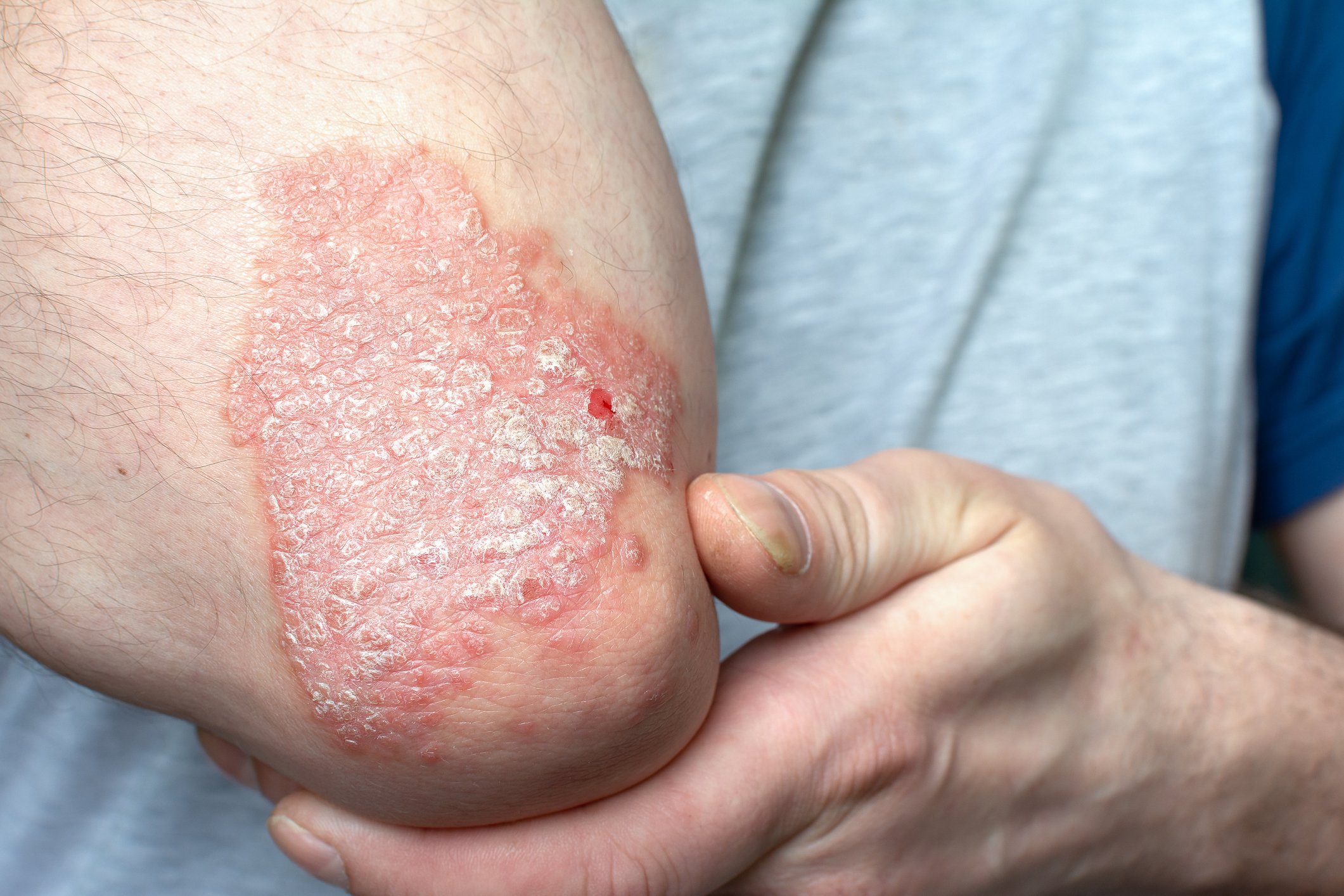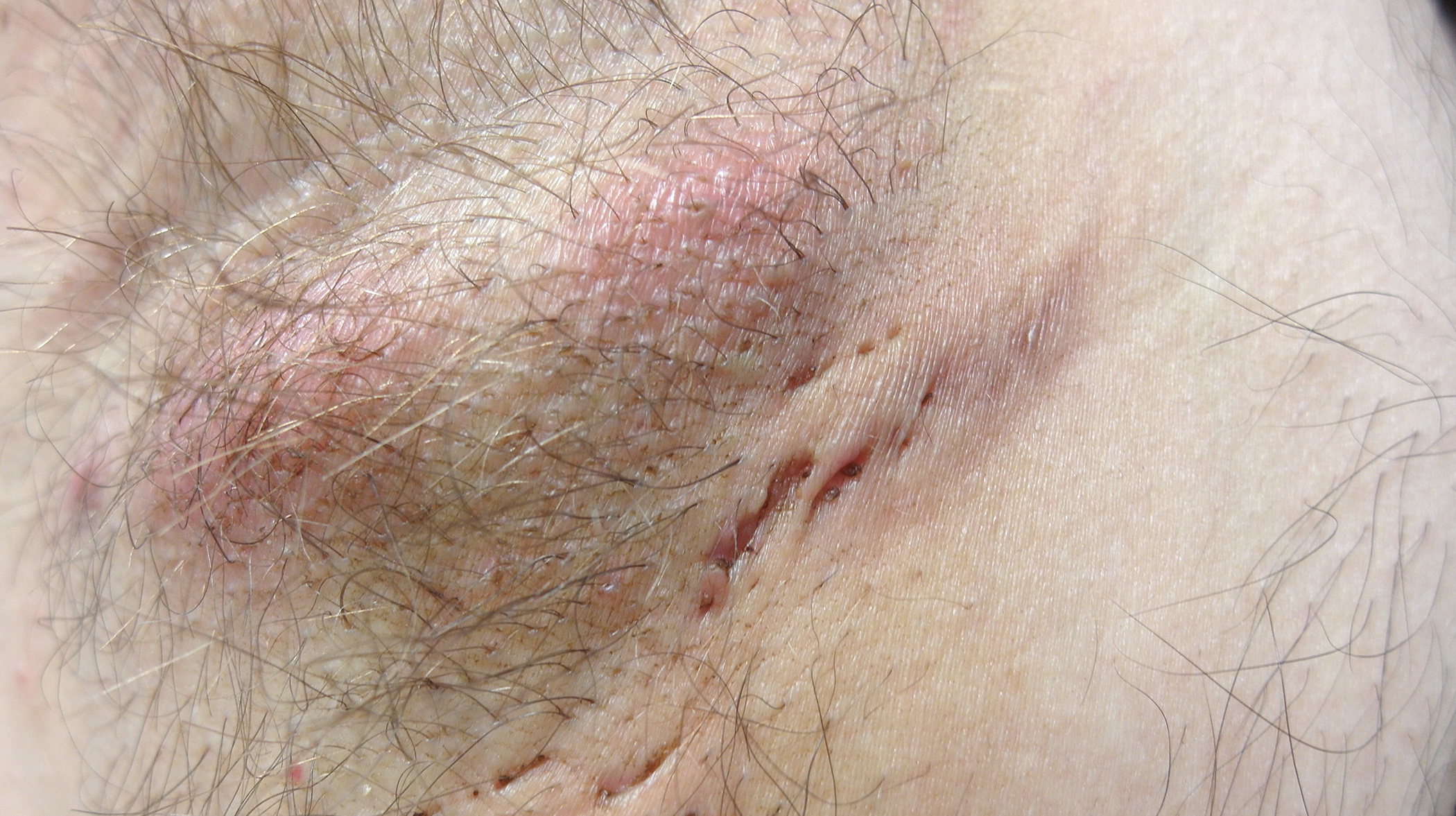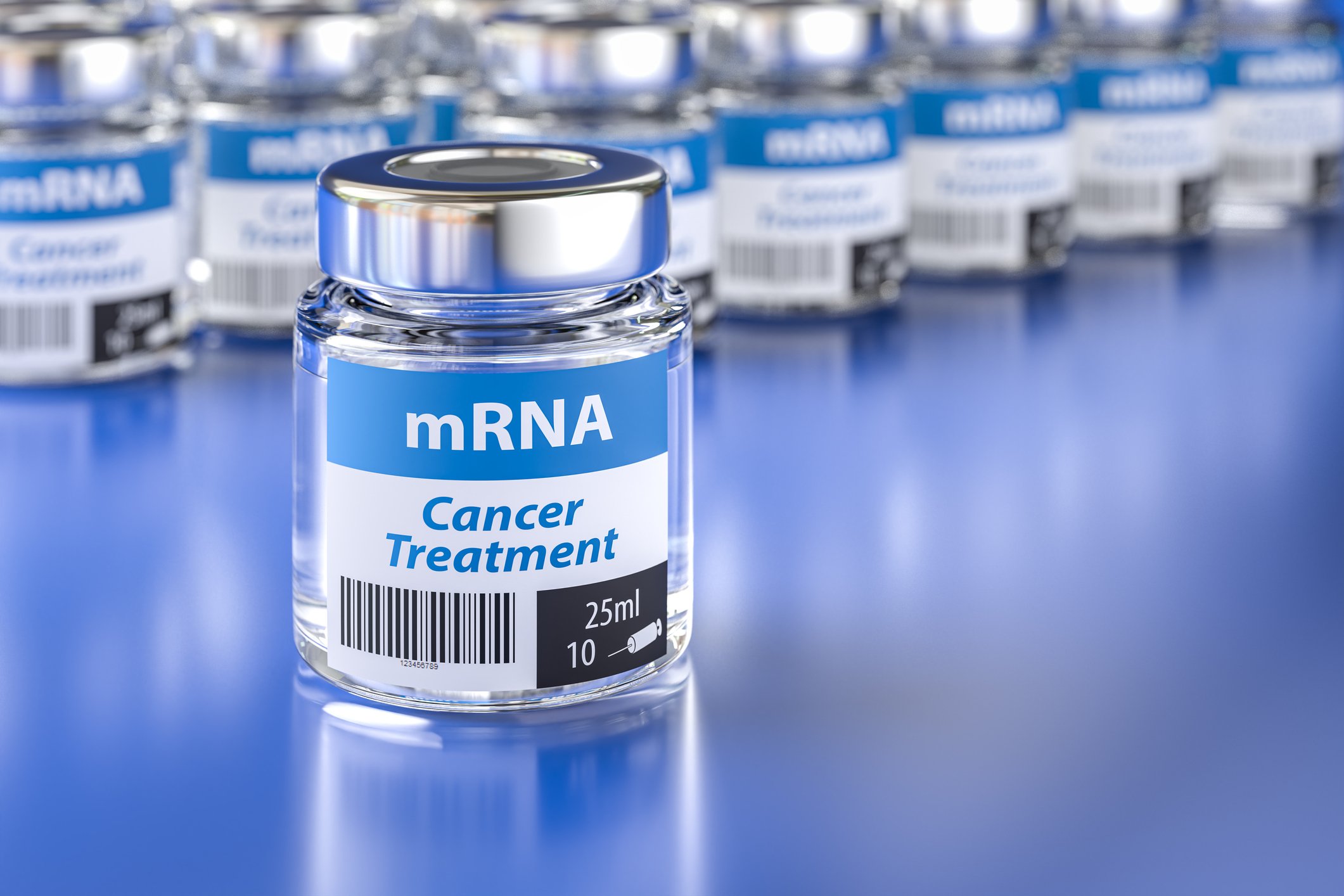Various experts presented the new guidelines on hypertension at this year’s ESC Congress. In particular, the relevance of “out-of-office” blood pressure measurement in diagnosis, elevation of organ damage for risk stratification, and relaxation of blood pressure targets were discussed.
Prof. Antonio Coca, MD, Barcelona, Spain, addressed the hot topics of the new Guidelines for Hypertension of the European Society of Cardiology (ESC) and the European Society of Hypertension (ESH). Mainly, the modifications that have been made since 2007, when the last guidelines were published, were presented. “First, however, it is important to mention what has remained the same, namely the fundamental principles: The recommendations are based on randomized controlled trials (RCTs) and their meta-analyses, compiled from a broad review of the literature. However, additional attention is paid to results from observational and other studies that demonstrate an appropriate scientific approach. The scientific evidence gathered in this way is carefully evaluated and transformed into recommendations of varying strength,” said Prof. Coca, explaining the process by which the guidelines are developed.
In particular, the following aspects are new compared to 2007:
- Epidemiological data on hypertension and blood pressure control from Europe.
- To reinforce the prognostic value of home blood pressure monitoring (“HBPM”) and its importance in the diagnosis and management of hypertension.
- Update on the prognostic significance of nocturnal blood pressure, white coat blood pressure, and masked hypertension.
- Renewed emphasis on integrating blood pressure, cardiovascular risk factors, asymptomatic organ damage, and clinical complications into the overall cardiovascular risk assessment.
- Update on the prognostic significance of asymptomatic organ damage, including heart, blood vessels, kidneys, eyes, and brain.
- Initiation of antihypertensive treatment.
- Revised schedule for recommended drug combinations.
- Expanded section on therapeutic strategies in special conditions (individuals >80 years).
- Special attention in the area of resistant hypertension and new treatment approaches also for chronic management of hypertensive diseases.
Blood pressure diagnosis
Prof. Robert H. Fagard, MD, Leuven, presented the most relevant innovations in the diagnosis of hypertension. He emphasized the role of “out of office” blood pressure measurement. This form of blood pressure measurement should be considered for confirmation of the diagnosis. It can also identify the type of hypertension, detect hypotensive episodes, and also improve the prediction of cardiovascular risks. Either ambulatory or home blood pressure monitoring is used for “out of office” blood pressure measurement, depending on indication, availability, convenience, cost, and, if feasible, incorporating patient preferences.
Organ damage in risk stratification
The great importance of early testing for organ damage for risk stratification was emphasized by Prof. Stéphane Laurent, MD, Paris. The minimum parameters required for assessment are: Left ventricular mass, glomerular filtration rate, and microalbuminuria, although evaluation of large artery parameters such as pulse wave velocity may also be useful. Prof. Laurent reiterated the importance of this assessment for subsequent antihypertensive treatment, although more information from this area is needed.
Diastolic and systolic blood pressure
Prof. Giuseppe Mancia, MD, from the University of Milan, Italy, addressed the general treatment recommendations. A systolic blood pressure <140 mmHg is newly recommended without regard to categorization of risk as low to moderate risk, diabetes, diabetic/nondiabetic chronic kidney disease (CKD), and whether patients have coronary artery disease, prior stroke, or transient ischemic attacks. For diastolic blood pressure, a target value of <90 mmHg is given; for diabetics <85 mmHg. There is good evidence that a reduction in systolic blood pressure to 140-150 mmHg can be recommended in elderly hypertensive patients (<80 years). For mentally and physically fit older people, and individually for those over eighty, physicians may consider a systolic blood pressure of <140 mmHg, according to Prof. Mancia.
Source: ESC Congress 2013, August 31 – September 4, 2013, Amsterdam
CARDIOVASC 2013; 12(6): 32-34











